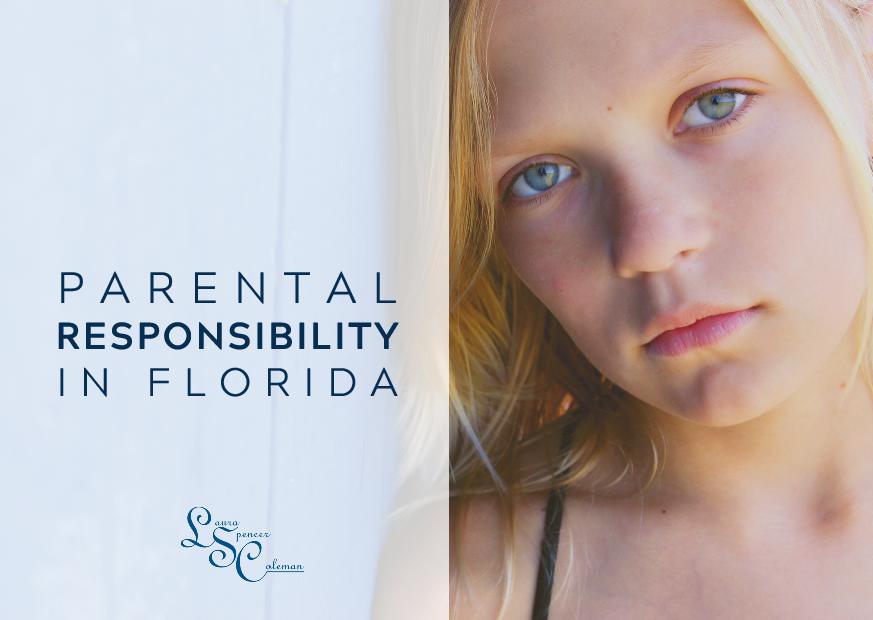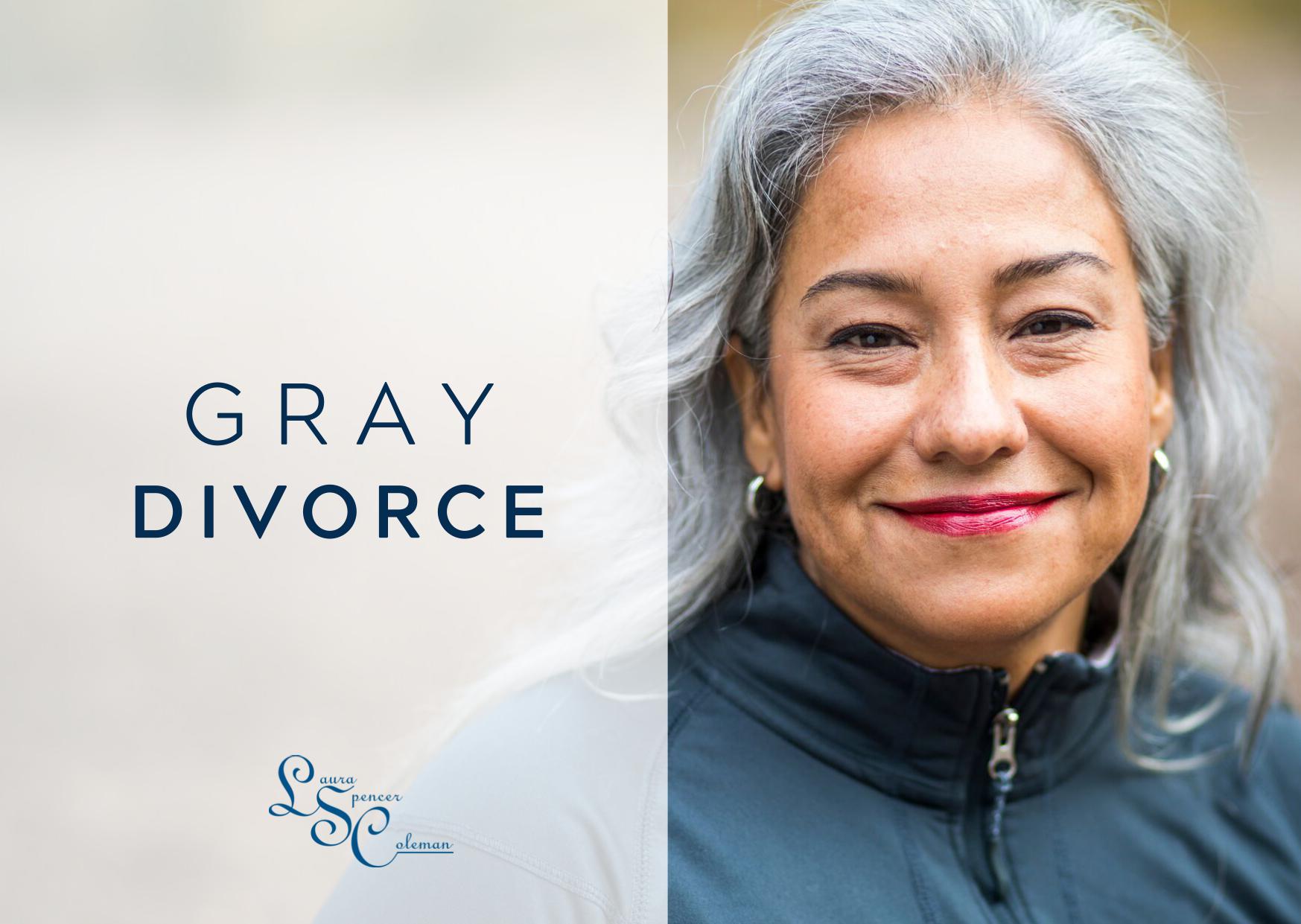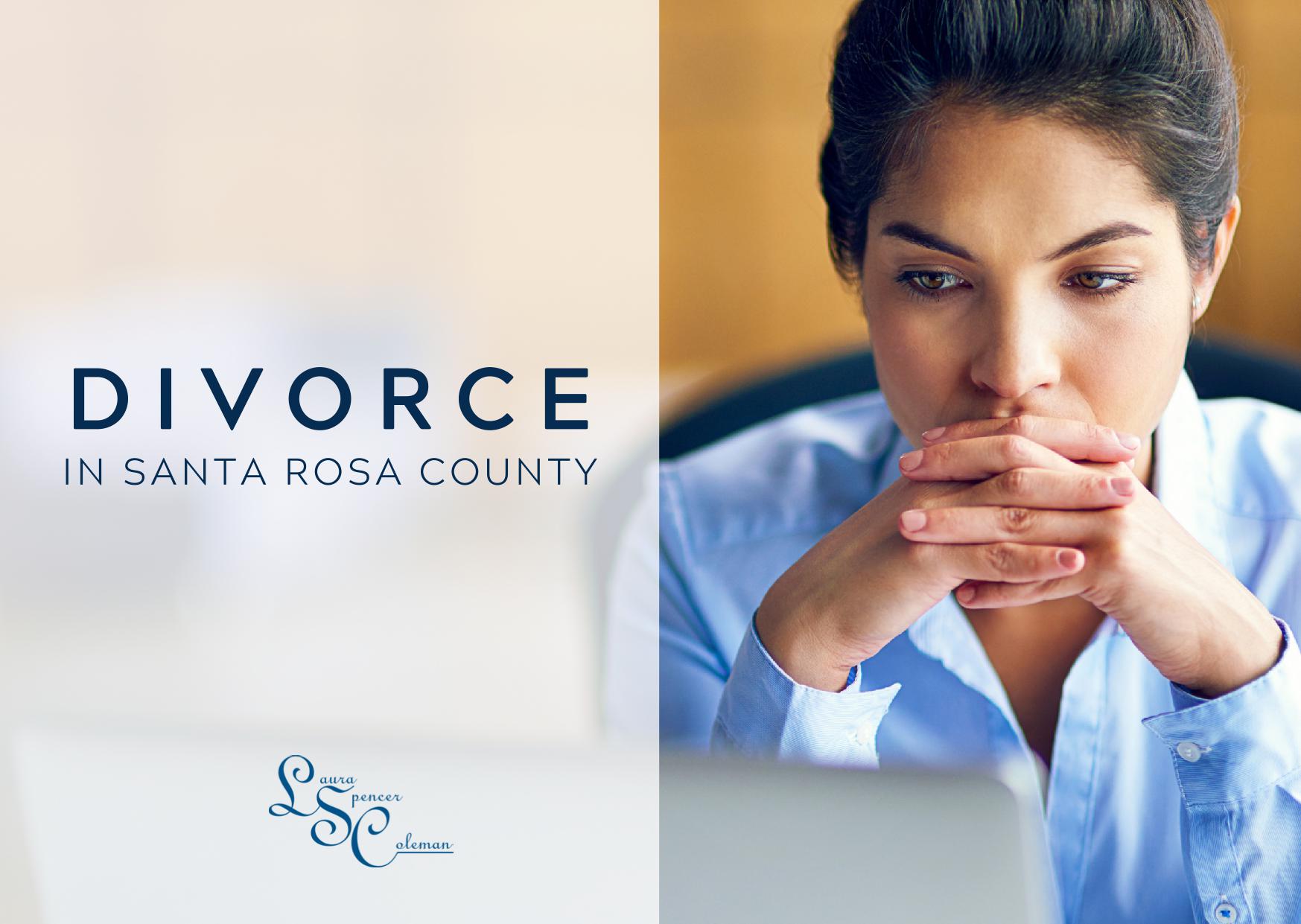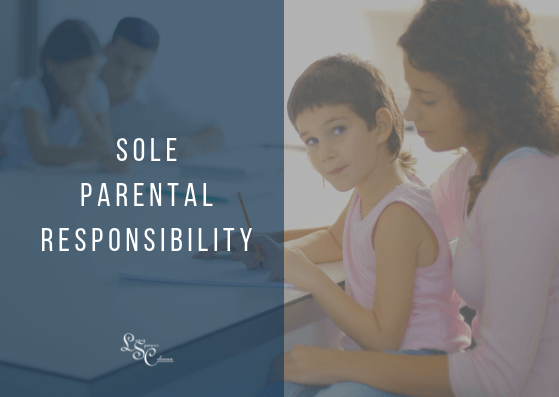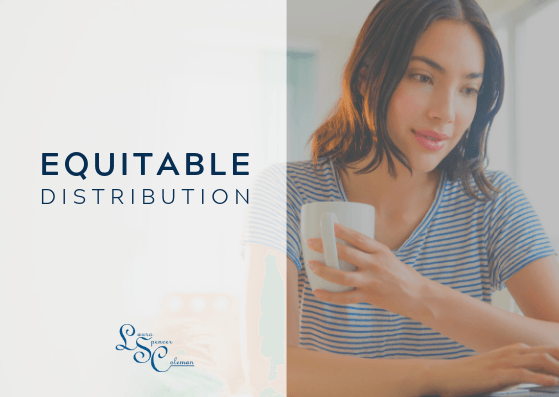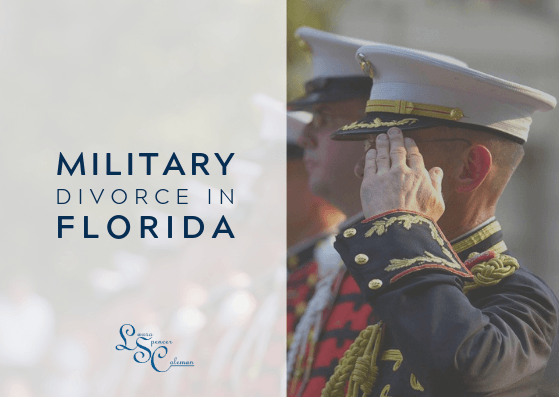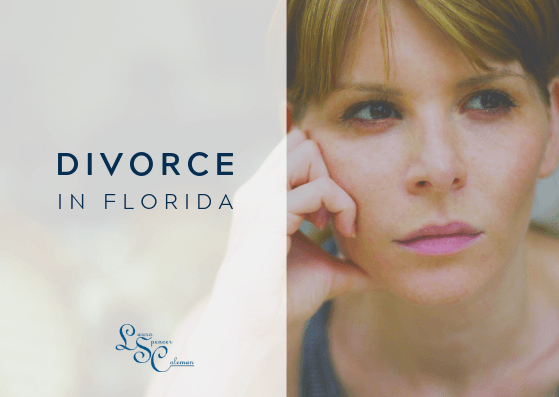Do You Need An Attorney For A No-Fault Divorce?
- By Laura Spencer Coleman
- •
- 03 Oct, 2018
- •
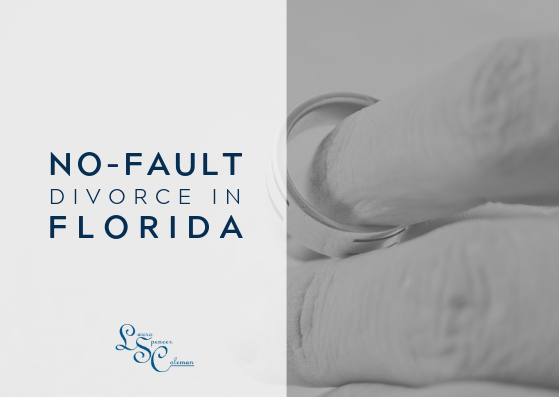
The best you can hope for in a divorce is civility and understanding--from your ex-spouse and from friends and family who will be affected by the end of a marriage. While divorce is rarely easy, it can be a smooth process if you and your ex-spouse
If you’re seeking a divorce in Florida, you might have questions about designations like no-fault or equitable distribution. How do these elements of the law impact your divorce proceeding? Do you need to hire an attorney if you’re seeking a divorce in a no-fault state?
Let’s examine the various tenets of a no-fault divorce and how it compares to an uncontested divorce.
What Is A No-Fault Divorce?
Florida is a no-fault state when it comes to divorce. This means that the state has abolished the at-fault standard for divorce. In fact, you can only file for divorce on no-fault grounds in the Sunshine state.
But what exactly does no-fault mean in a divorce filing?
Before 1971 (when Florida established no-fault grounds for divorce) an individual seeking a divorce would need to give a legally-recognized reason for seeking the dissolution of the marriage. That individual would also be burdened with proving that their spouse committed the behaviors put forth as grounds to be granted a divorce.
In Florida, neither spouse has to prove that their husband or wife was “guilty” of adultery, wasteful spending, abandonment or cruelty when seeking divorce--you simply need to state that the marriage is irretrievably broken.
No-Fault Vs. Uncontested Divorce
Many individuals seeking divorce confuse the terms “No-Fault” and “Uncontested”.
While both apply to divorce, they can mean very different things in regards to the legal processes surrounding divorce.
A no-fault divorce simply means that you aren’t accusing your ex-spouse of any wrongdoing that caused the breakdown of the marriage. An uncontested divorce, on the other hand, means that both parties of the marriage agree upon the specifics of the divorce proceedings--such as the division of property, custody arrangements, division of debt, etc.
Just because a divorce is no-fault doesn’t mean it is uncontested. Many couples don’t necessarily want to assign blame for a divorce, but they also may not agree on child custody, property division or division of debt outcomes. An attorney is necessary to navigate these aspects of divorce proceedings.
In fact, at the end of the day, the vast majority of divorces benefit from the guidance of a family law attorney.
Laura Spencer Coleman is a trusted family law attorney serving multiple cities in Florida.
Contact her law offices today for help navigating your divorce.


